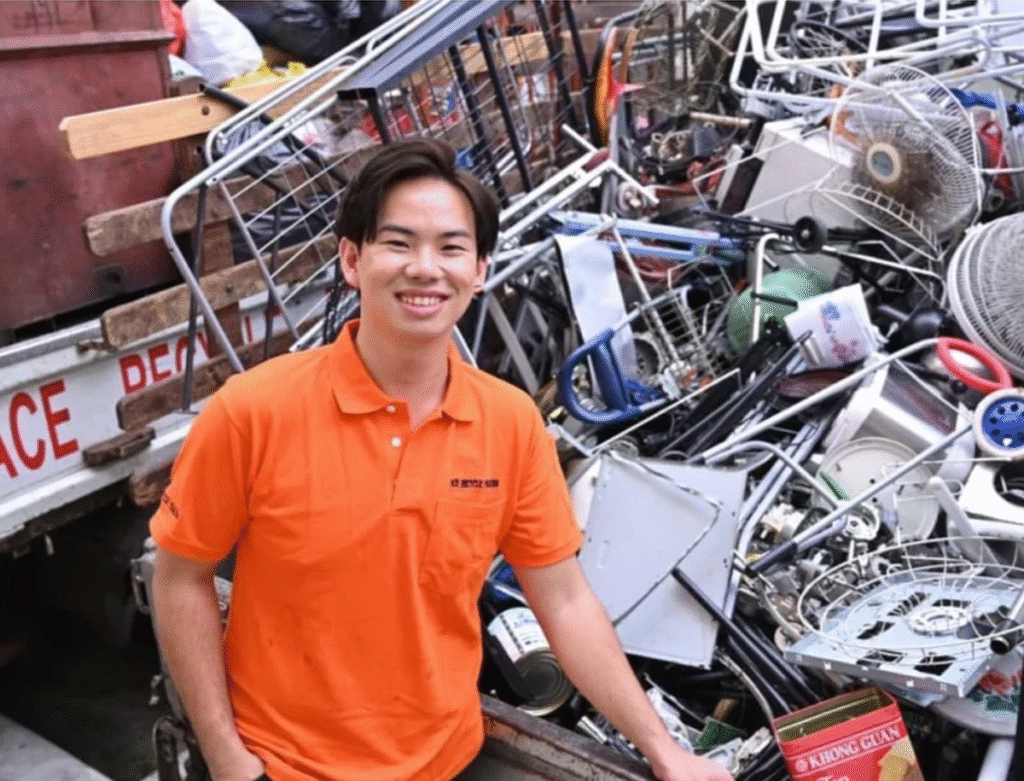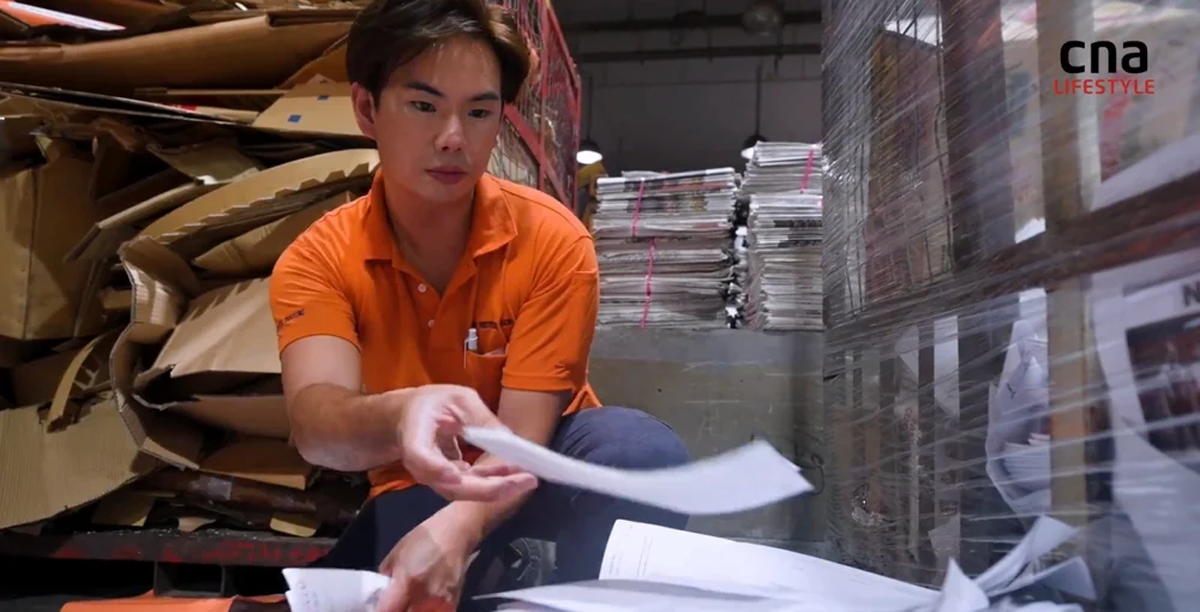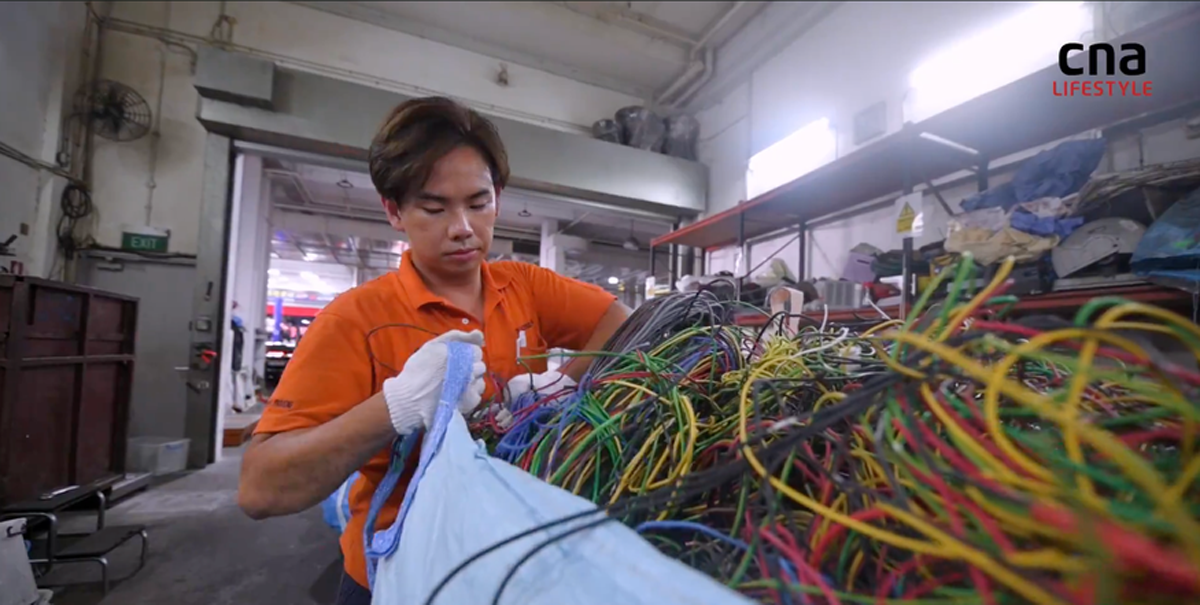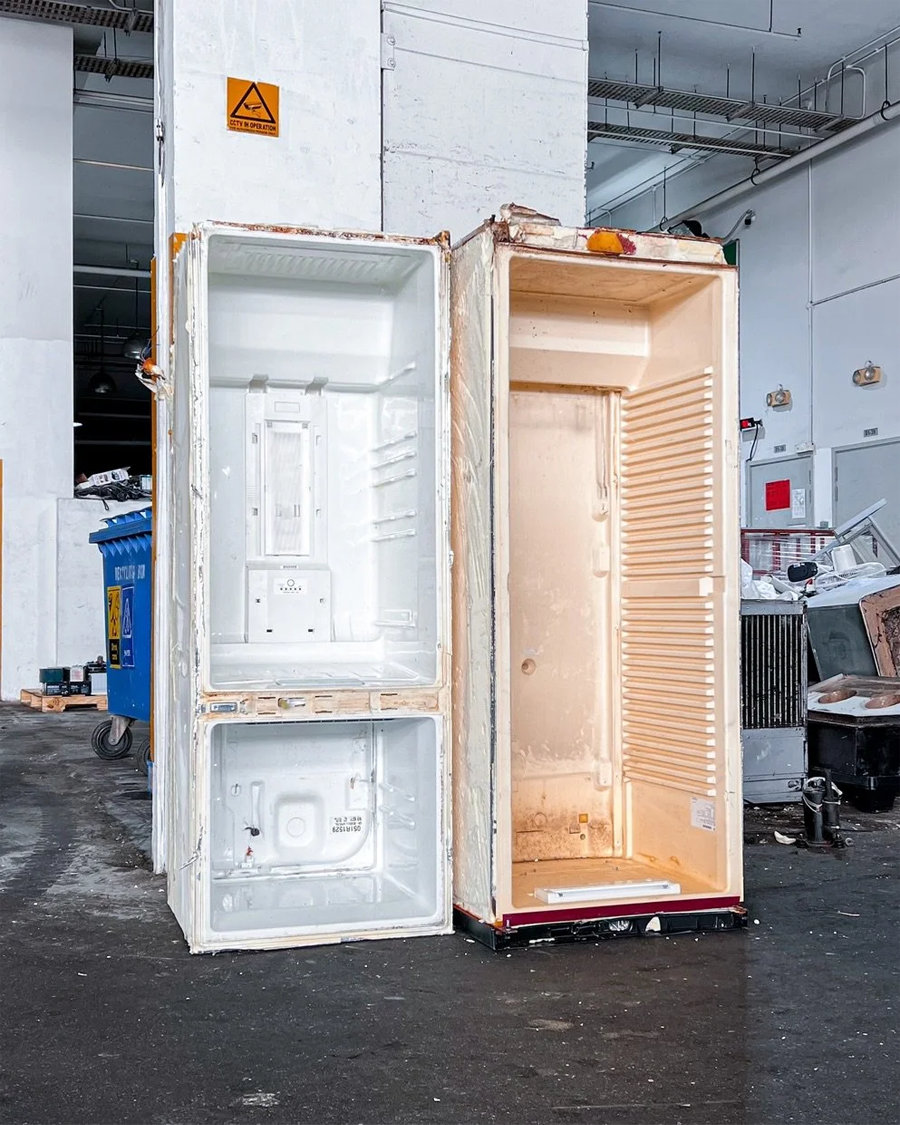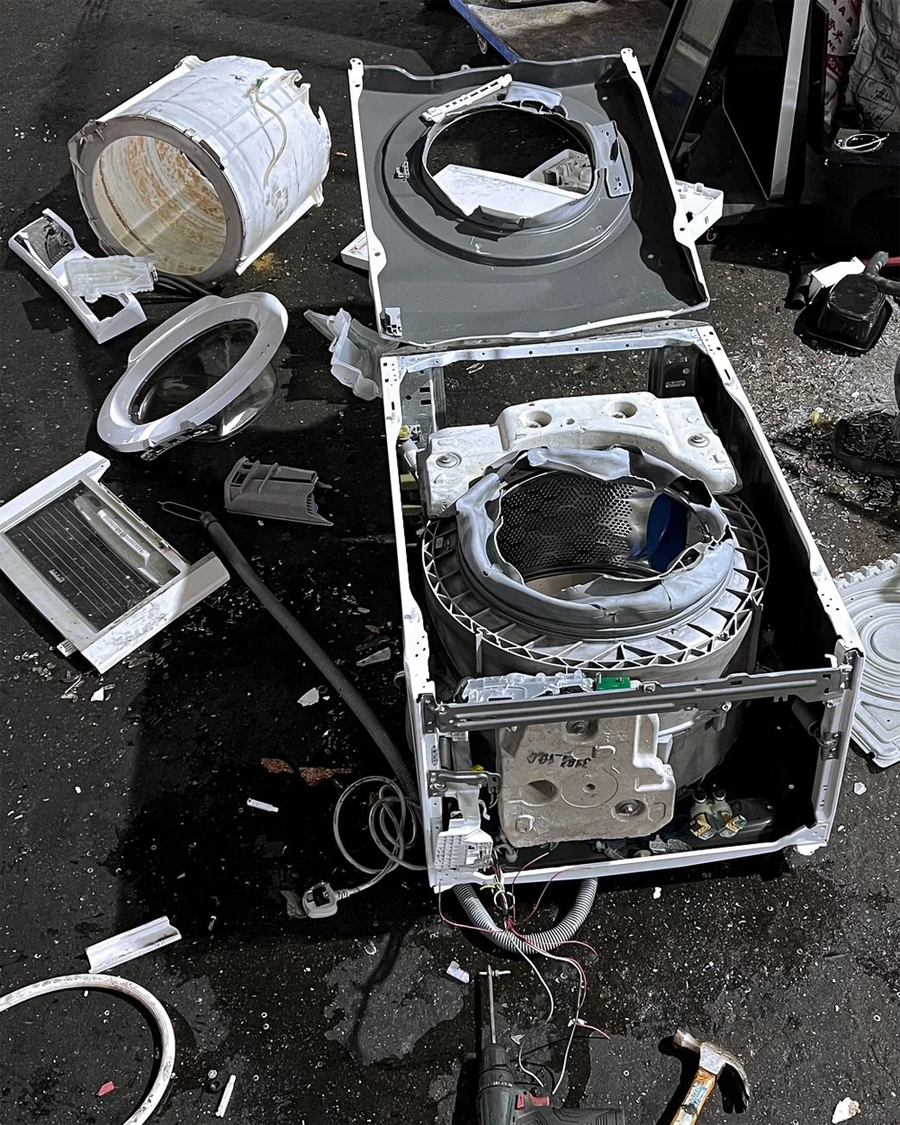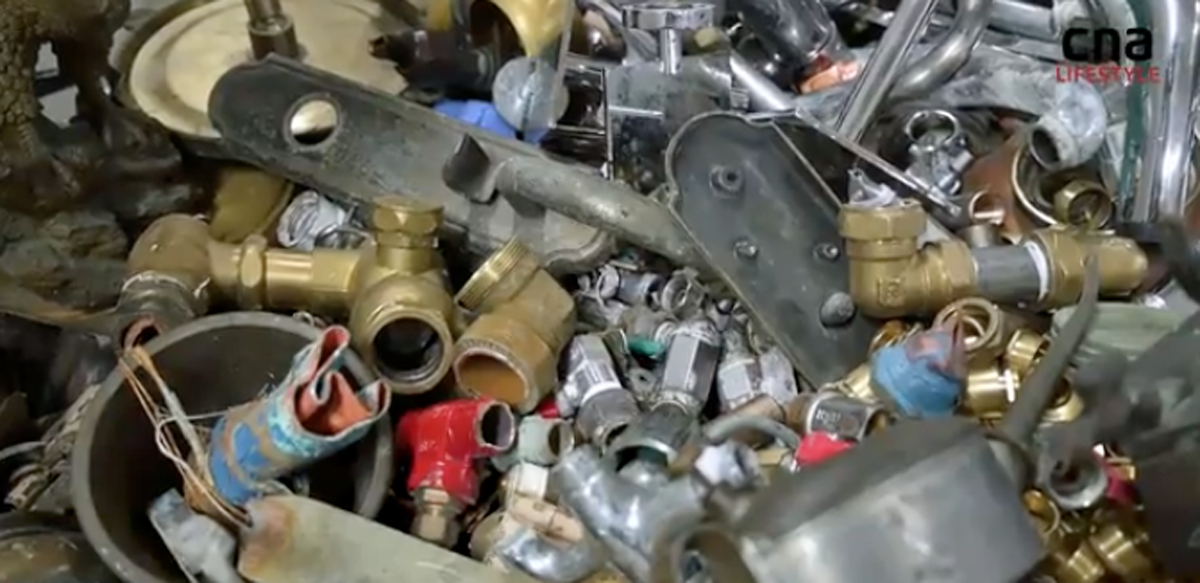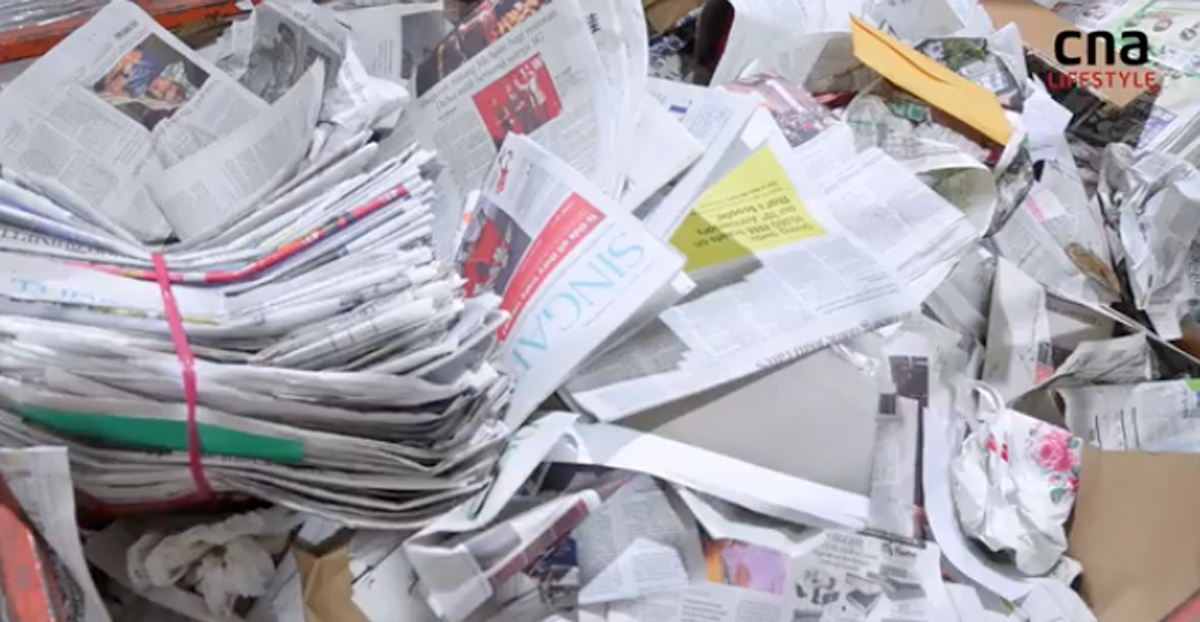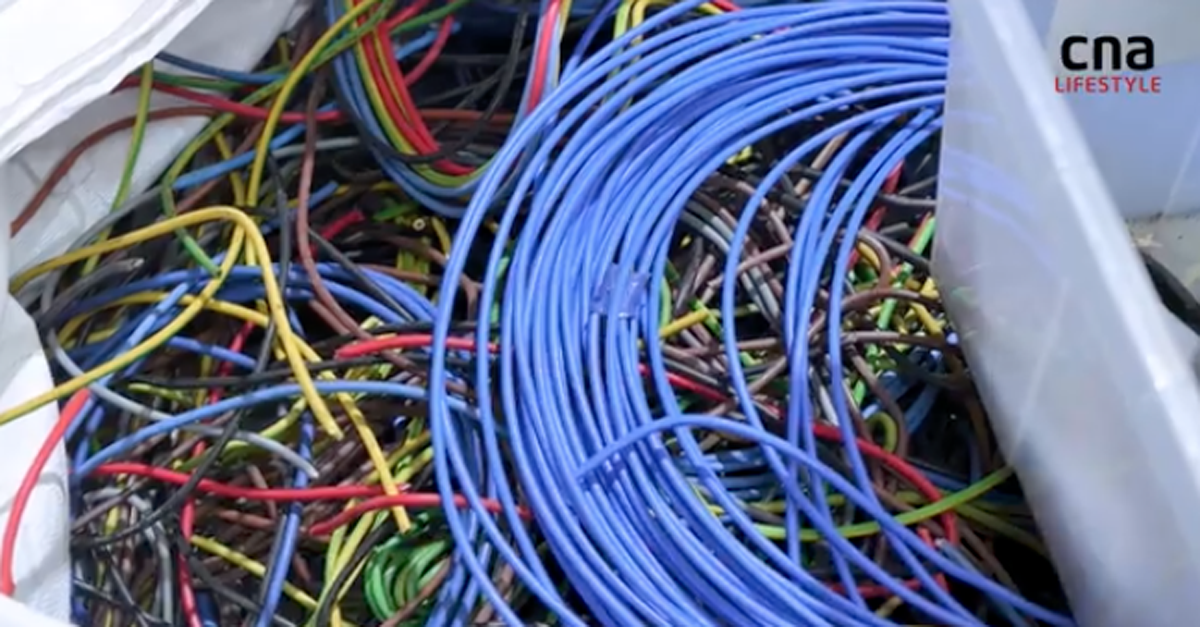A stereotypical millennial university graduate would have set out to land a job in the corporate world. No one would have dreamt of working in a sweatshop as a “karang guni” (Malay word for gunny sack), a type of local scrap dealer who visits residences door-to-door to collect discarded items.
Gen Y millennial Bryan Peh certainly did not aspire to be a karang guni. But after a series of rejection in job interviews, he reluctantly accepted his father’s offer to join the family karang guni business. He has been collecting and sorting a fraction of Singapore’s 6.94 million tonnes (6.94 billion kg) of waste since 2016.
Being a karang guni is a deviation from the old Five Cs most Singaporean youth were previously conditioned to aspire: cash, car, credit card, condominium and country club membership.
Instead, the 29-year-old is living by the new Five Cs: character, courage, commitment, competence and caring for the environment.
The fair-skinned business management graduate of SIM-RMIT is busting karang guni misconceptions.
Myths: uneducated, brainless job, easy money.
Facts: hard working, laborious, long hours.
He admits being in denial at first, but now he has no regrets. “This job allows me the freedom and autonomy to work on the things I love and be around my family,” Bryan says.
The youngest of three siblings, Bryan’s university degree came in handy when he hatched a pipeline to grow and sustain the family enterprise by engaging in responsible waste disposal.
His brainchild Earth Recycling Services, established in January 2022, has set its sight in creating a more sustainable environment within the disposal industry and Singapore because, sadly, only about 40% of what goes into recycling bins cannot be recycled as a chunk of what we throw are unsuitable for recycling. In short, we are not recycling right.
“Over the years in this field, we see a lot of wastage in Singapore – mostly in working/good condition. I hope that in the near future, I’ll be able to encourage more people to adopt the idea of using second-hand items and be able to provide affordable household items (second hand) to the public,” he says.
The job entails collection, disposal and recycling. Salvaging most of the collected items at the family facility comes next. Bulky items such as refrigerators, furniture, computers, washing machines etc go through the sorting and dismantling process. After dismantling items are sorted according to recyclable type.
I came across Bryan’s unique story while watching Channel News Asia. What struck me most was how this young man is thinking and living outside the box despite his initial reluctance and apprehension.
As a child he had two dreams: to be an actor and to support his parents in their retirement. Achieving his dreams is possible even if he’s taking the road less travelled.
“I watch a lot of shows growing up and I totally immerse myself in the character’s world. I’ve always been fascinated by an actor’s capability to portray different characters in different movies. I wanted to be like them when I grew up and that’s how it grew into something that I want to work on and aspire to be. Apart from aspirations, I do want to work on getting financially independent and being able to support my parents in their retirement,” says Bryan whose hobbies include pole dance, portrait photography and singing. And he has not given up on his dream to be an actor.
Weekly Sparks talks to Bryan, whose transformation from a jobless fresh graduate eight years ago to an intrepid karang guni entrepreneur is nothing short of inspiring.
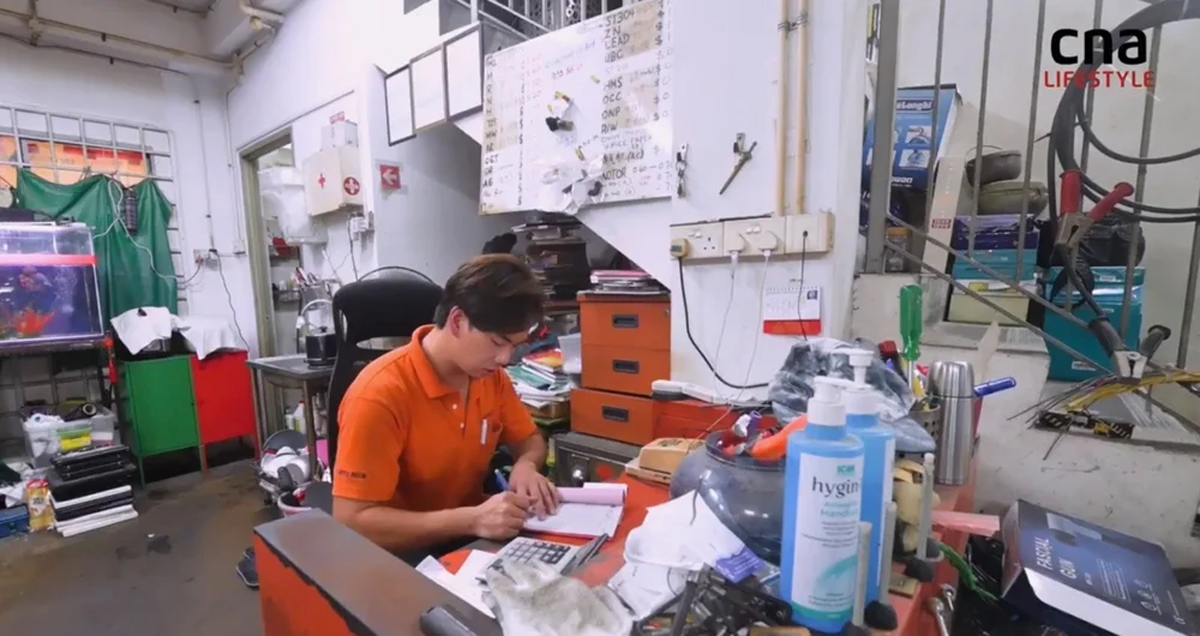
Why he ended as a karang guni
Bryan: I didn’t really have a goal set out in the corporate world. Upon graduation, I simply felt like I needed to settle for any job that comes around. I did not have high expectations, I just did not get employed. In hindsight, maybe because I was very new, awkward and lacked confidence during those interviews. I was interested to get into the banking industry though.
Entry to this field was purely accidental. I couldn’t secure a job for a year after graduation. My dad asked me to help out in his business, and I reluctantly did. I was only 21 then. It was incredibly tough adjusting initially as it was a 7-day workweek and labour intensive. I felt very lost during the first 4 years of employment until I mustered the courage to pursue my acting career (2018). Now, this job enables me the freedom and flexibility to go for auditions and shoots occasionally.
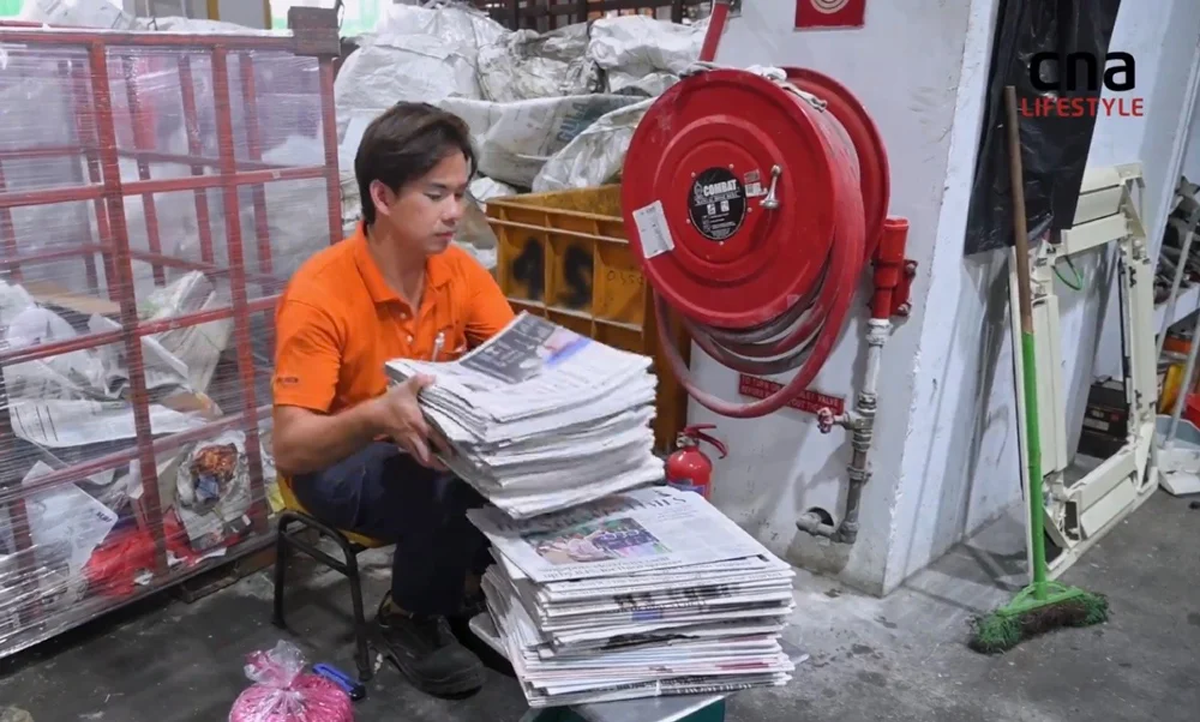
Disparaging, unpleasant comments on being karang guni
Bryan: There will be people who are less informed about our line of work and we get them all the time. Personally, I’ve learnt to not pay attention to the remarks if they were untrue or biased. If I find a need to correct them, I will. However, there will be times when they aren’t open to listen. That’s usually when I’ll keep it to myself.
A lesson learned from this job is that there’s no such thing as a bad job if you’re willing to commit to and embrace it. What I do helps me stay grounded as a person.
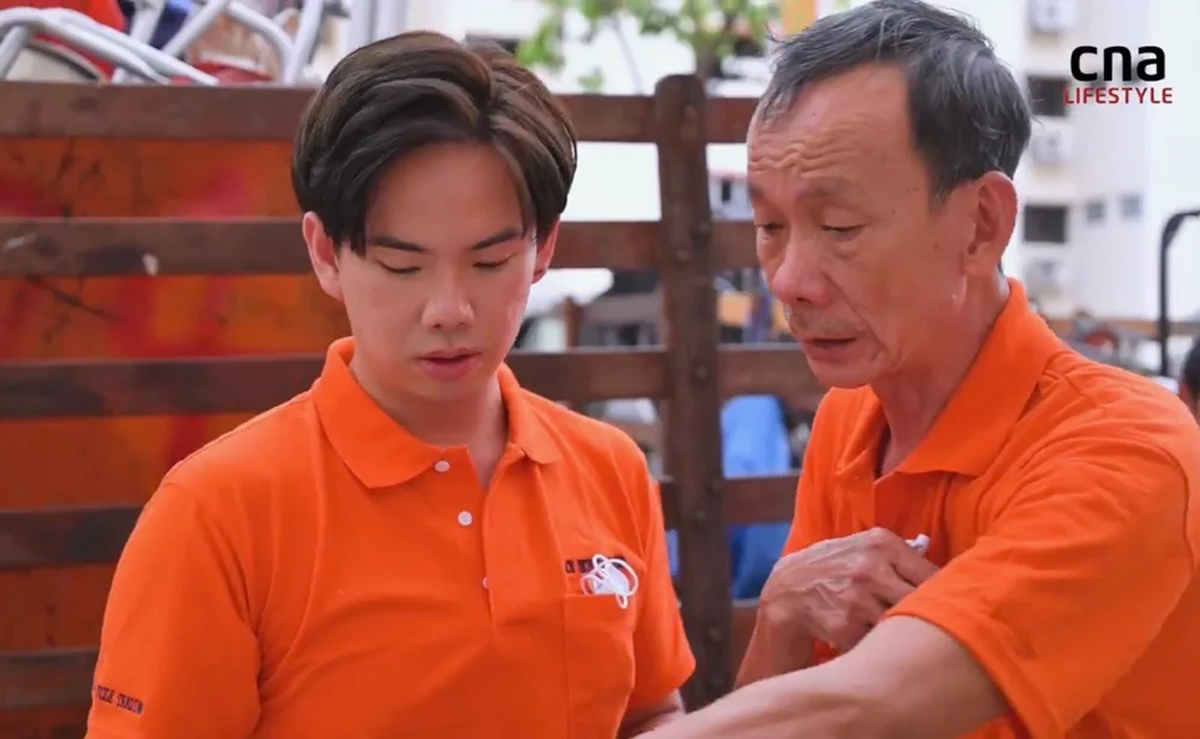
What it was like being a son of a karang guni
Bryan: During one of the financial crises, my dad lost his job as a car dealer and we really struggled with money. According to my parents, we could hardly afford to spend S$50 a week and had to borrow from our neighbours/close relatives just to buy groceries or pay the bills. I was really fortunate growing up because my parents never showed the side of struggle to me as a child. It was through this business that allowed us to sustain ourselves throughout these years and provided us with enough to cover our expenses and my education. For this, I will always be grateful and proud of my parents for what they had to sacrifice.
What it’s like working in the family business
Bryan: Both good and bad. Good: There’s no politics in the family business. I’m able to request for off days anytime of the year, and can spend more time with my ageing parents. Bad: Family expectations and restrictions. There were times when I felt like quitting. When I first started working, my dad was very hard on me! Also, there was the “grass is green on the other side” mentality, if only I could get a job outside.
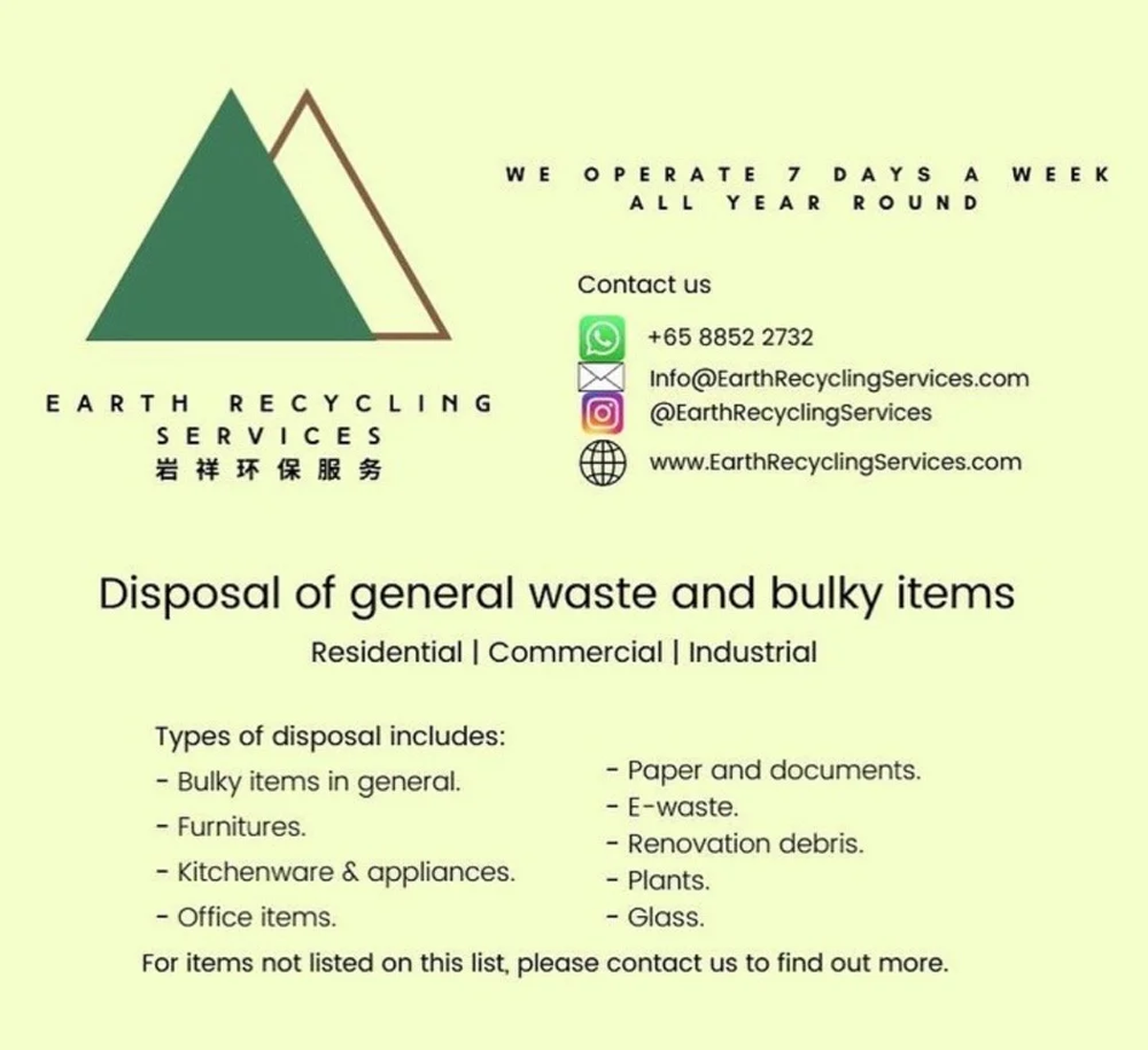
How Earth Recycling came about
Bryan: The family business deals with many discarded items. Our sorting process heavily involves manually dismantling those items and disposing of each material properly to reduce wastage. I saw an opportunity to expand into the disposal service industry.
In terms of the recycling business, the volume we recycle will be about 100 tonnes and above per month. Currently, all items we receive go through the sieving process. For working/good condition items, we may donate to charity organisations or have them sold to our long-time clients. For non-reusable items, we will dismantle and segregate them into their respective categories.
I personally feel the business management course I took allowed me to see the framework of a business/organisation. It provided me with information to explore those business strategies that I apply in Earth Recycling.
Advice on helping clean the environment for a more sustainable future
Bryan: I think the first step to a more sustainable environment will be to reduce consumption of waste. Before you make a new purchase, do think of the reason behind the replacement. Are they still in good condition? Or are you replacing it just because? Instead of throwing it away, perhaps pass it on to your friends or sell it online. That way, the items will still get to maximise its value.
On cash in trash
Bryan: It depends on the context. There is a stereotype that we get things for “free”, “zero cost”, “earn big bucks”. That could be true for karung gunis that are collecting below HDBs [public housing estates in Singapore]. For our family business, we earn profit margin by trading materials between our customers (karung gunis) to our buyers (purchaser of raw materials).
The most difficult part of the job and overcoming it
Bryan: I think the most difficult part of my job now is thinking of ways to expand the team, making the right connections and trying to find a solution to this demanding job in terms of work hours and delegation.
It is uncommon to come across millennials like Bryan. The once reluctant karang guni is busting stereotypical prejudices (self-absorbed, lazy and indecisive come to mind) against his generation.
Debbie | ws
Video and image screengrabs: Channel NewsAsia | Other images: Earth Recycling | Phone: +65 8852 2732 | Email: info@earthrecyclingservices.com | Instagram | Facebook

